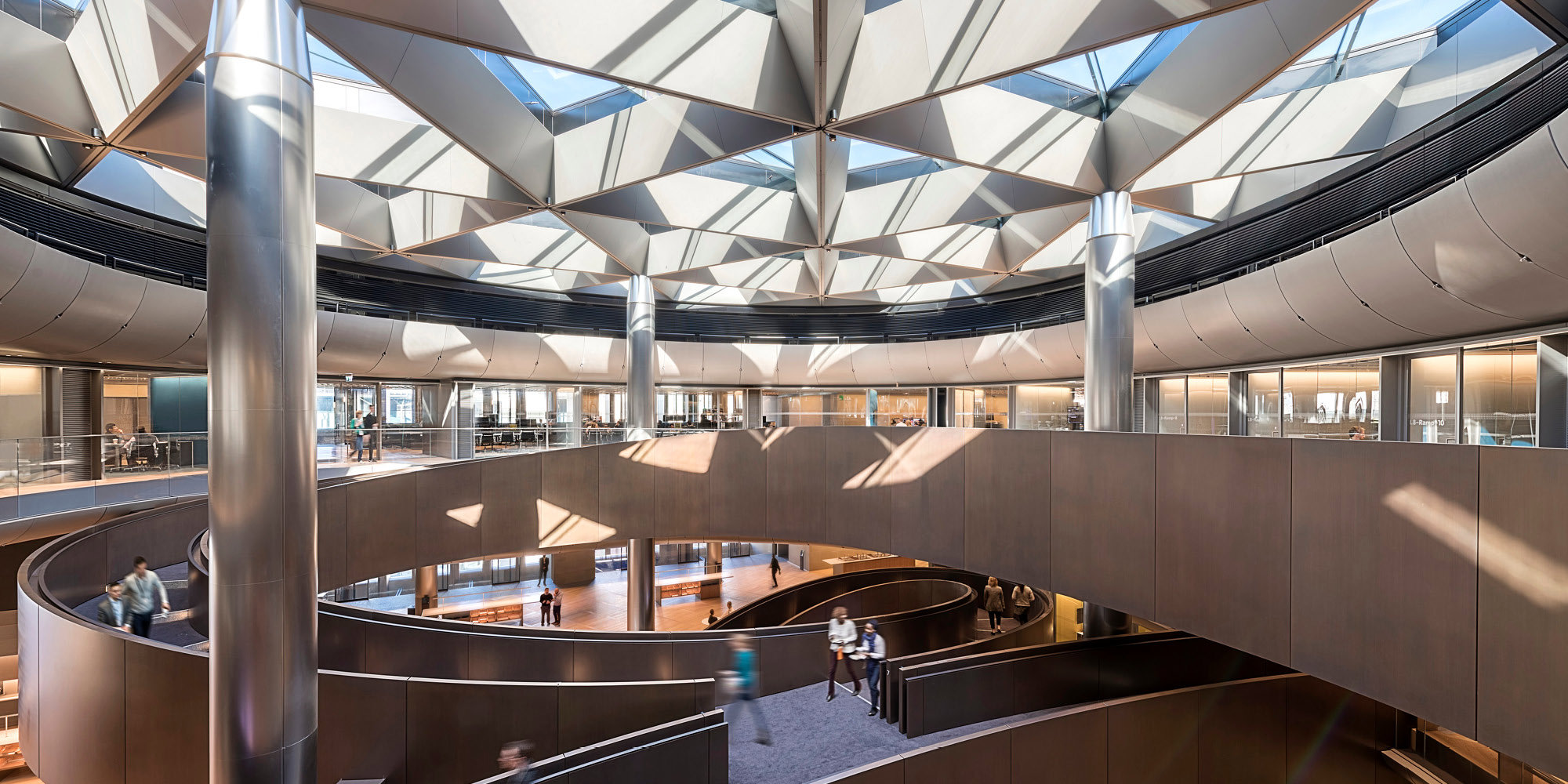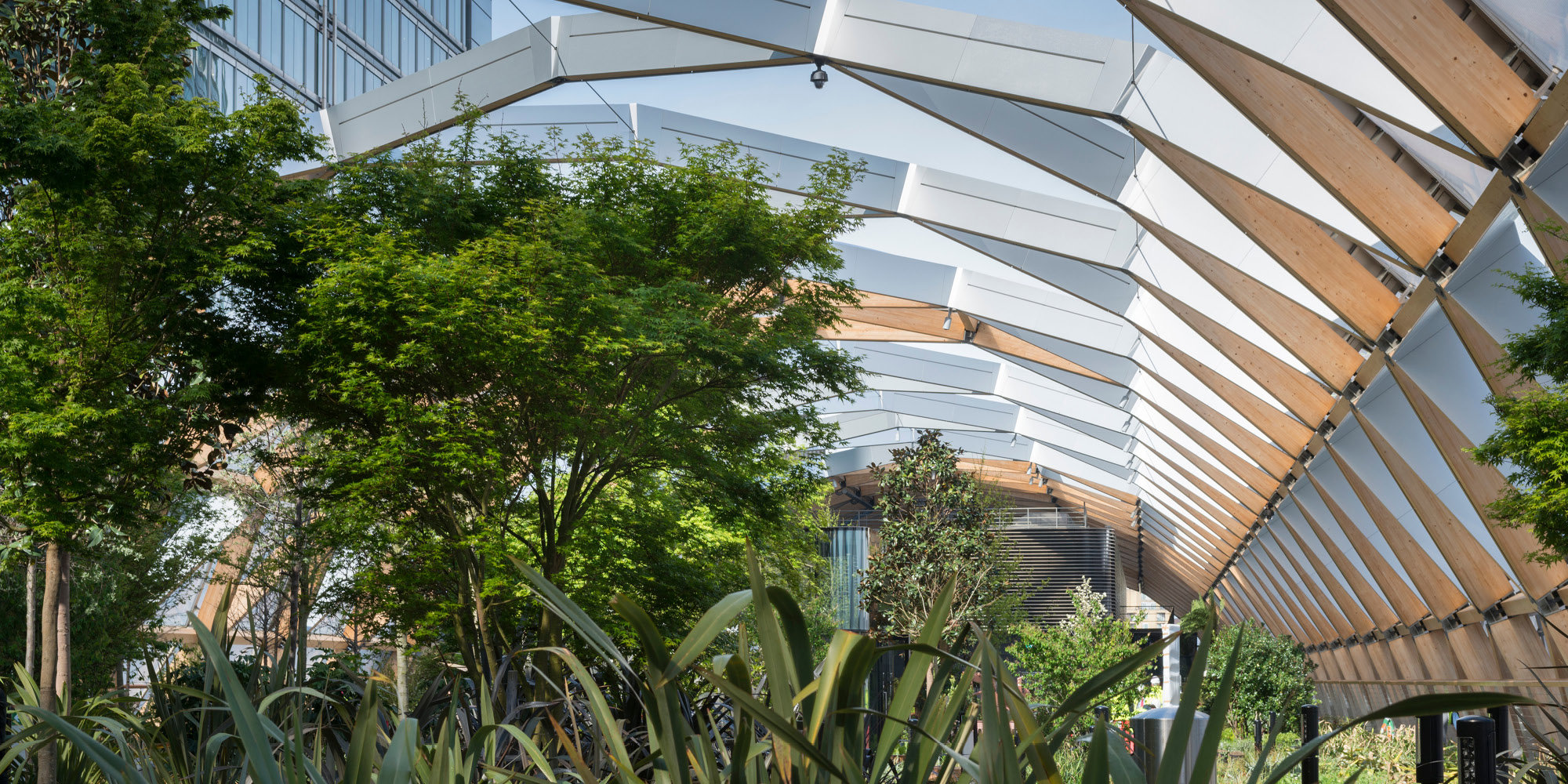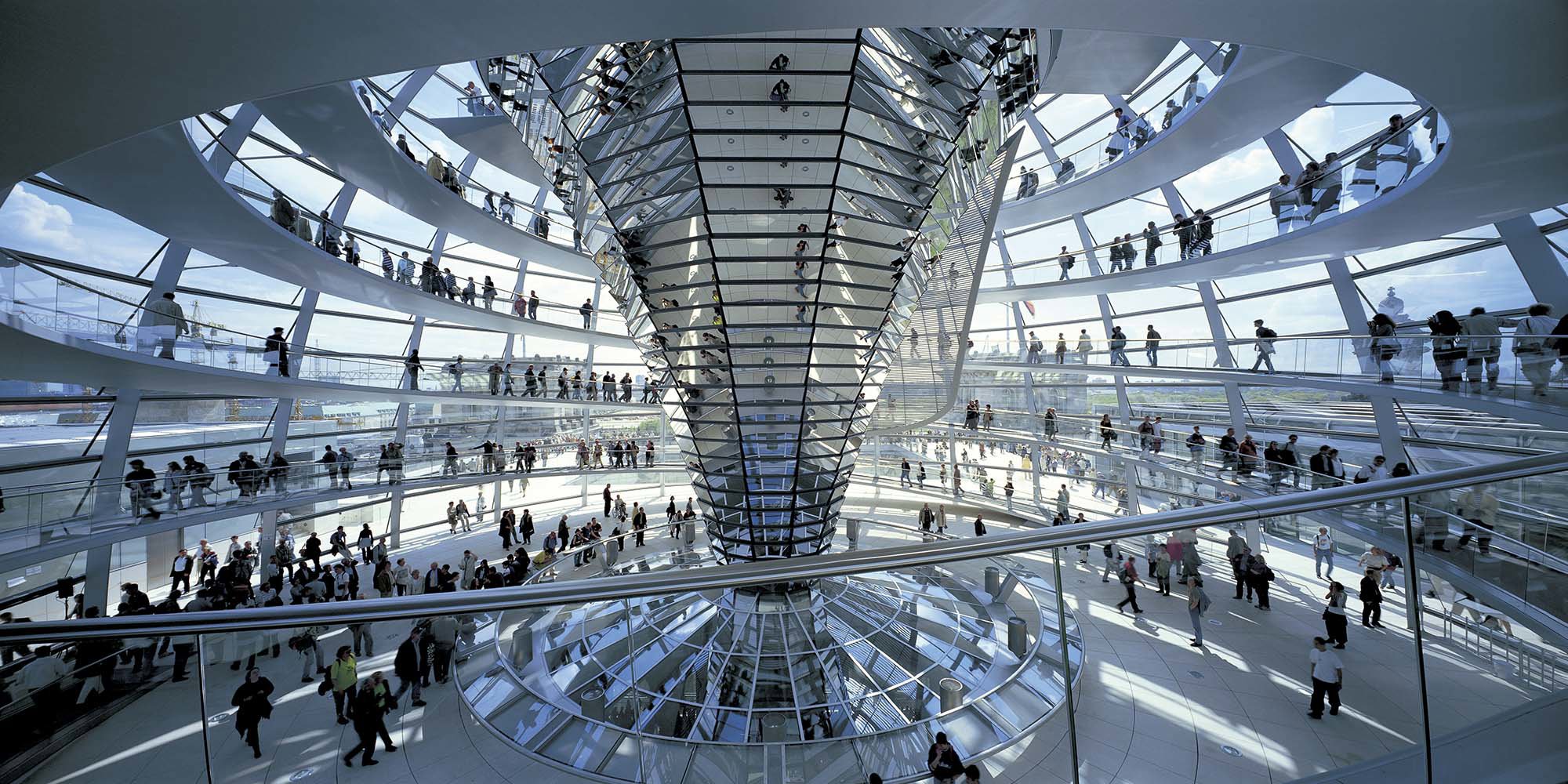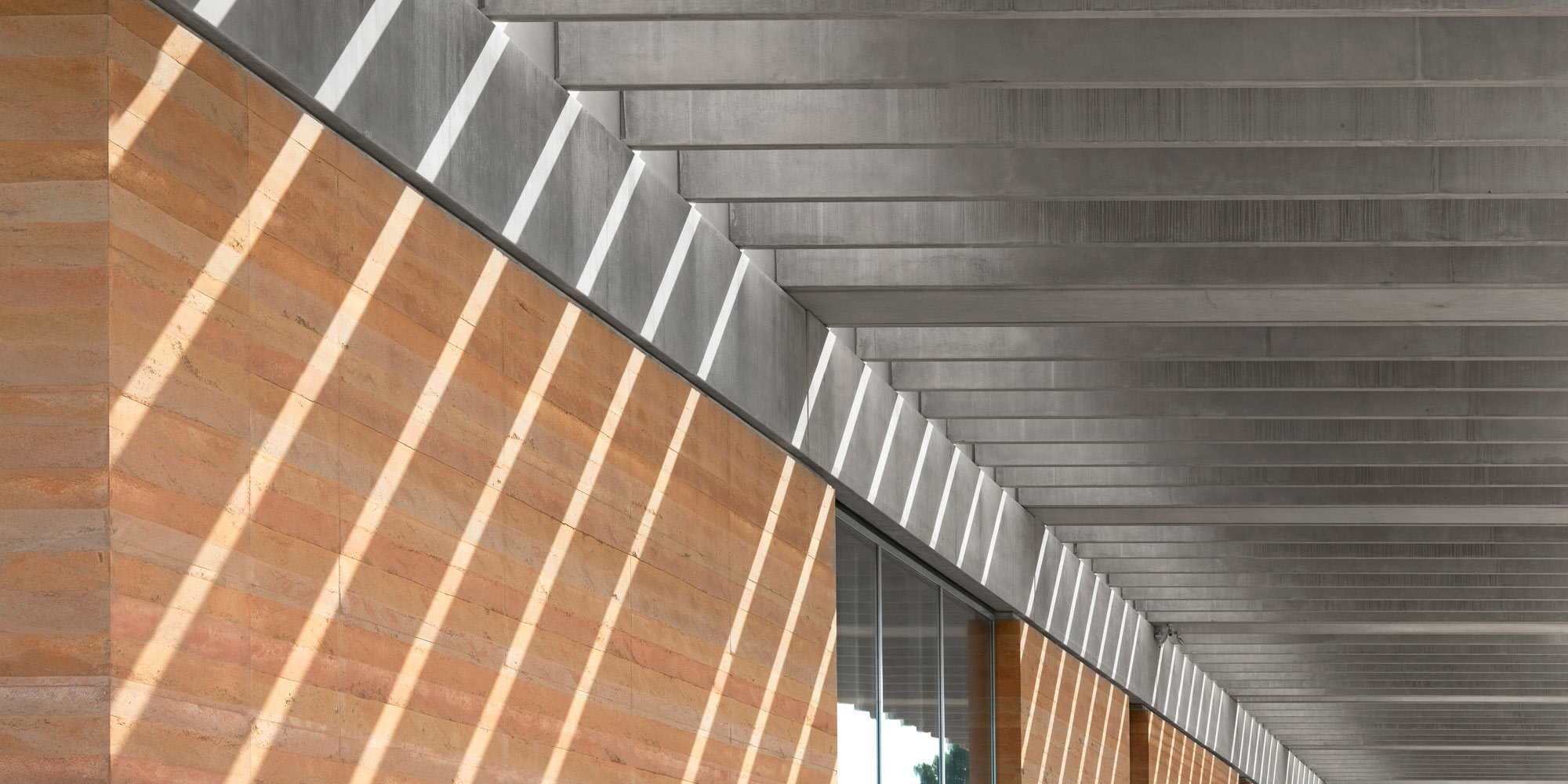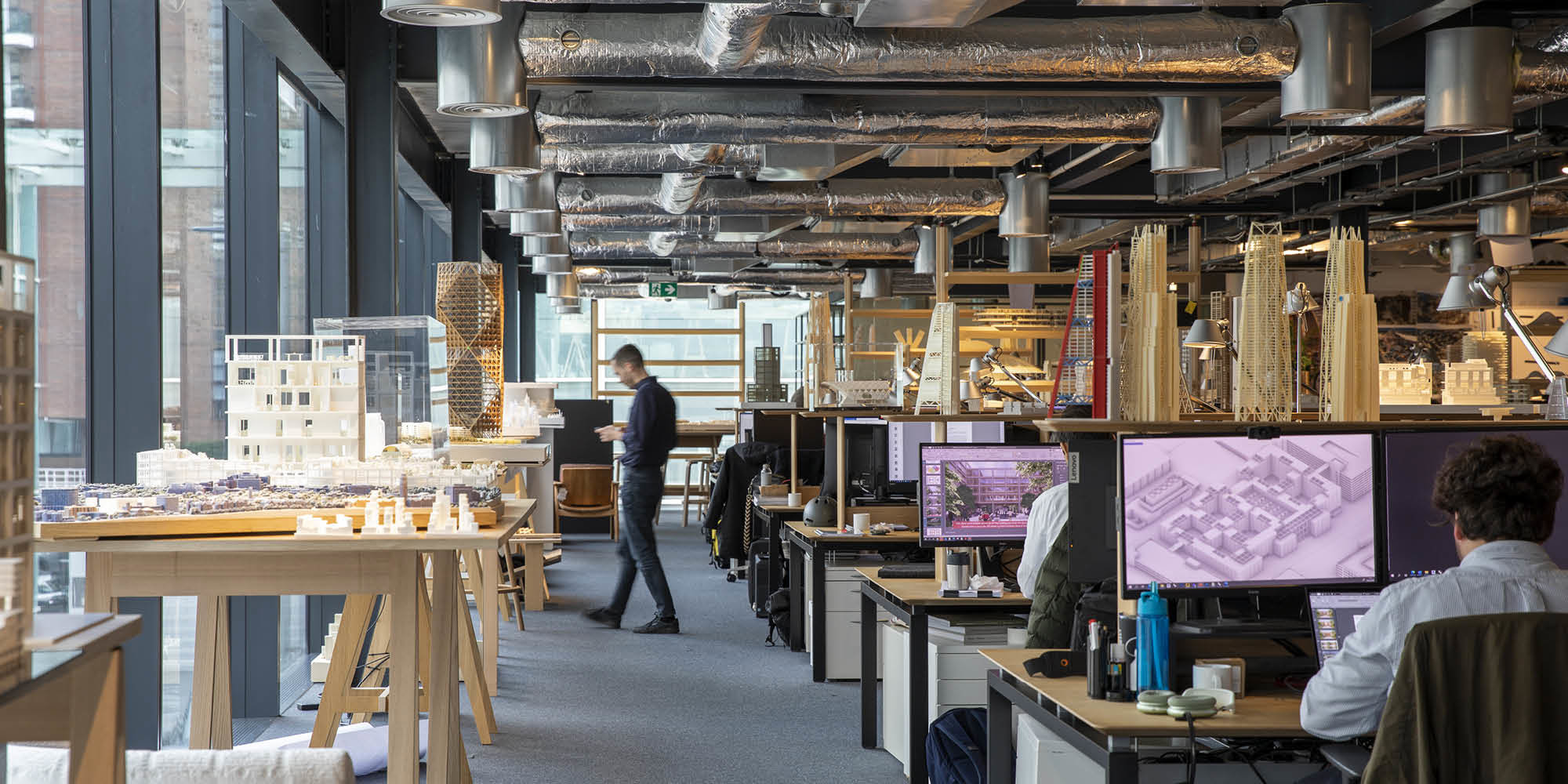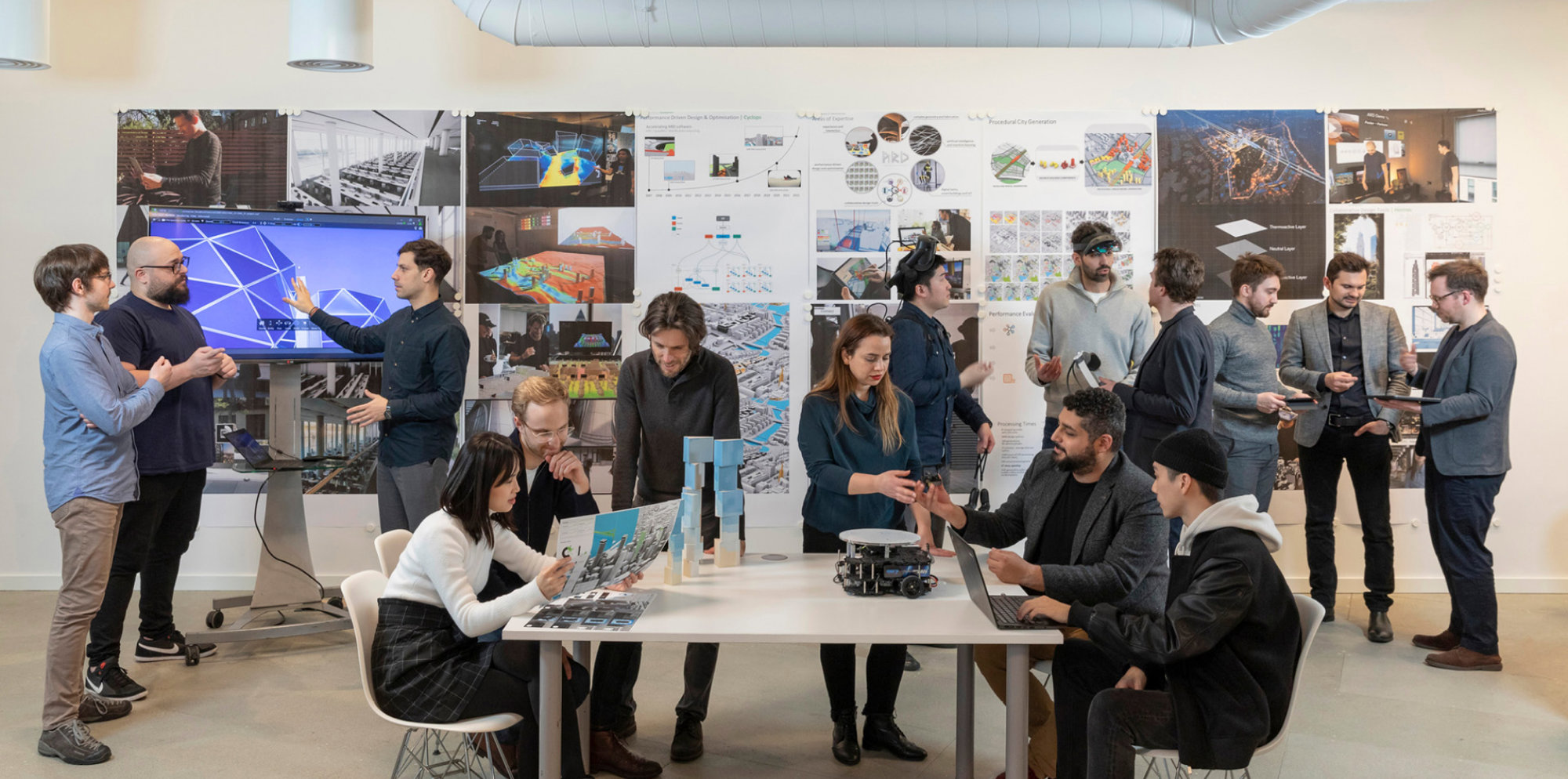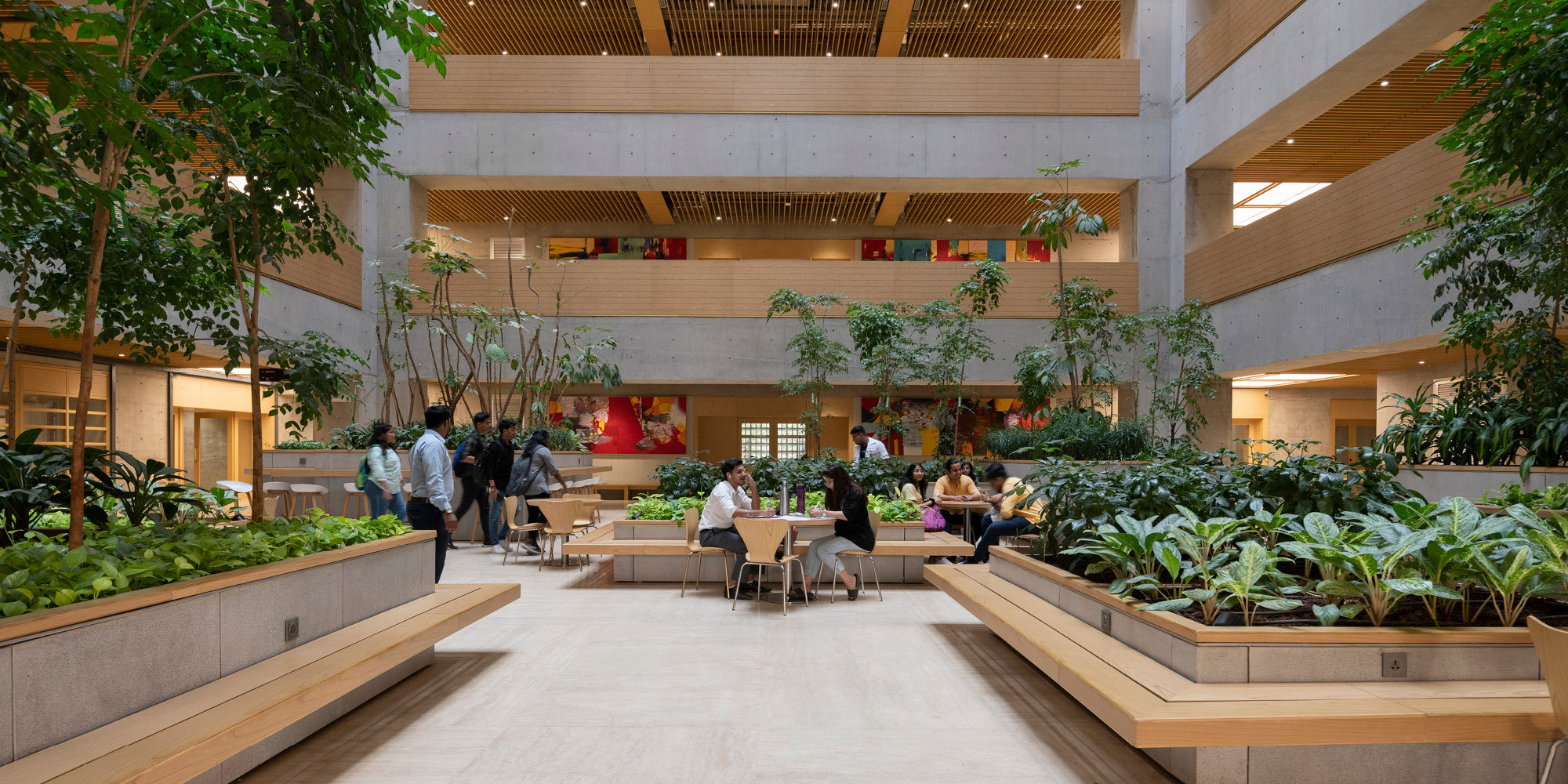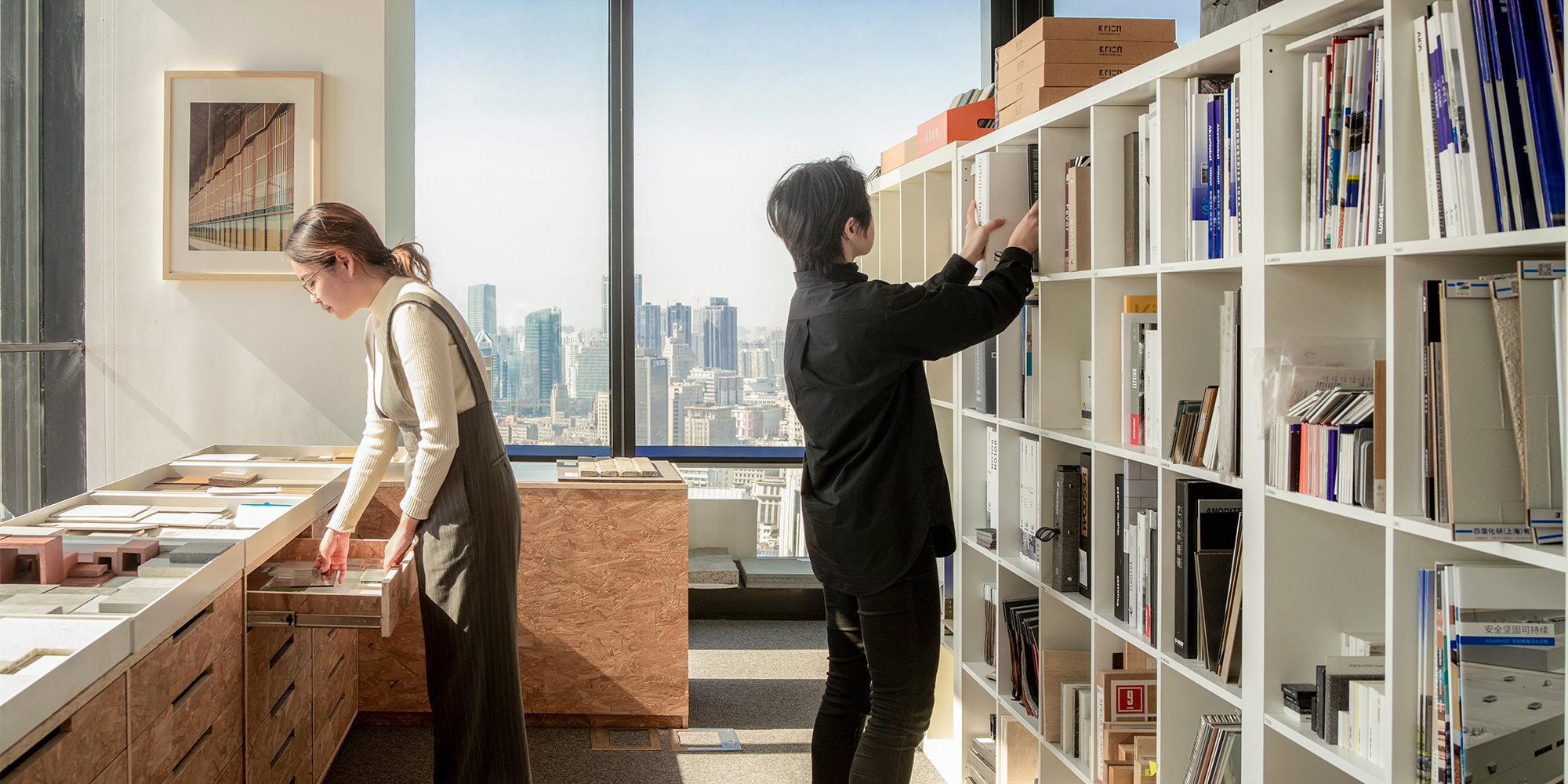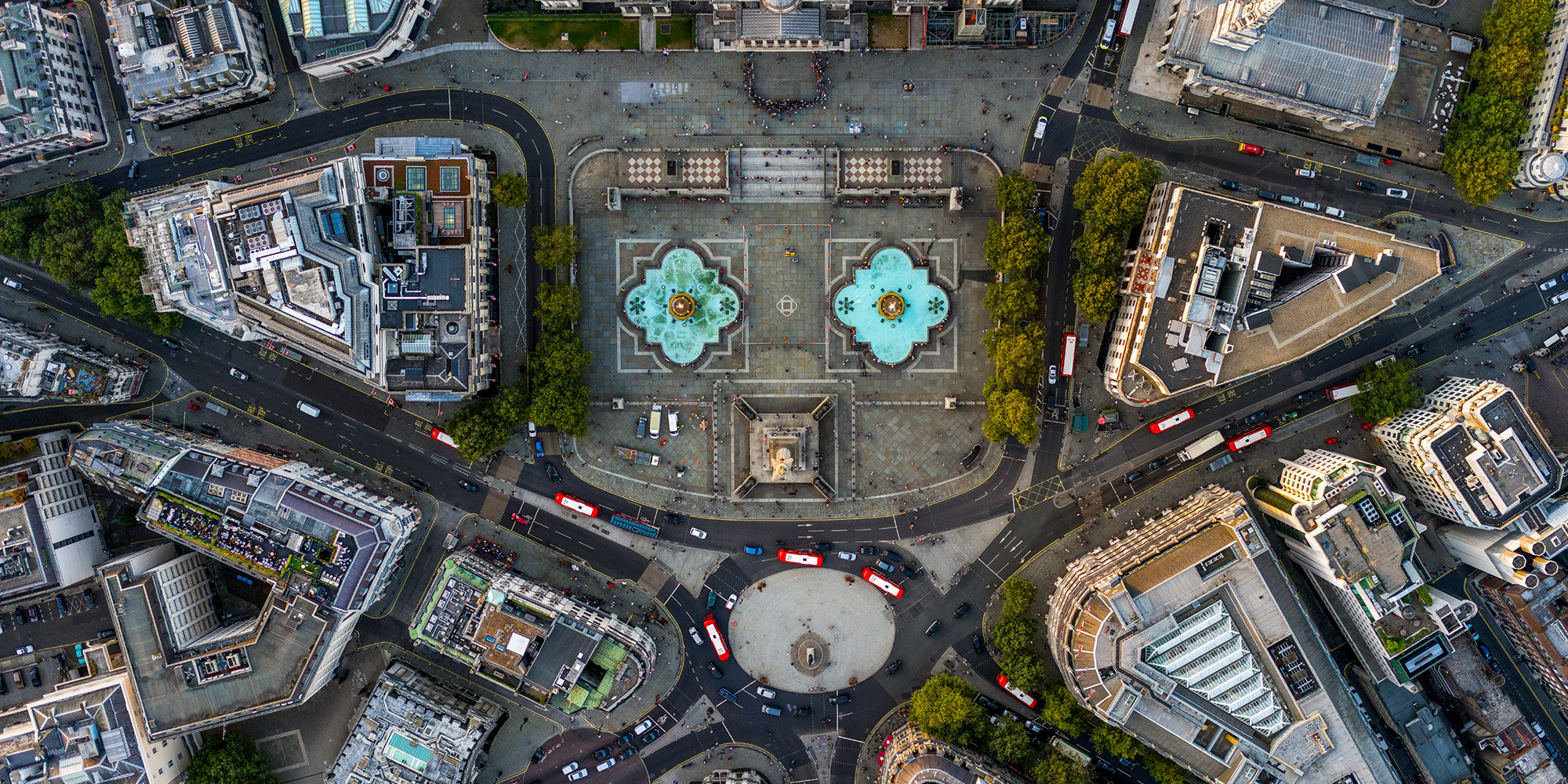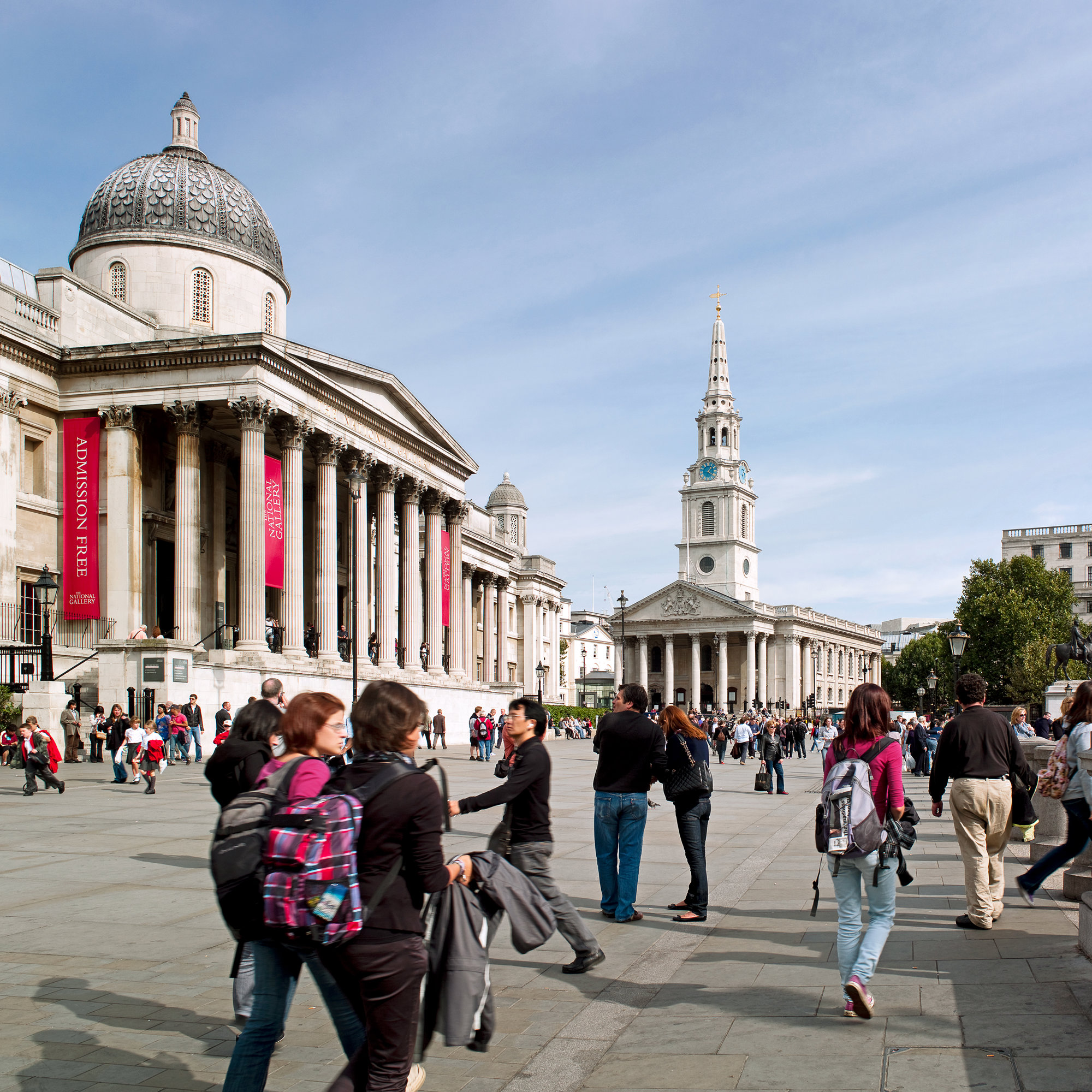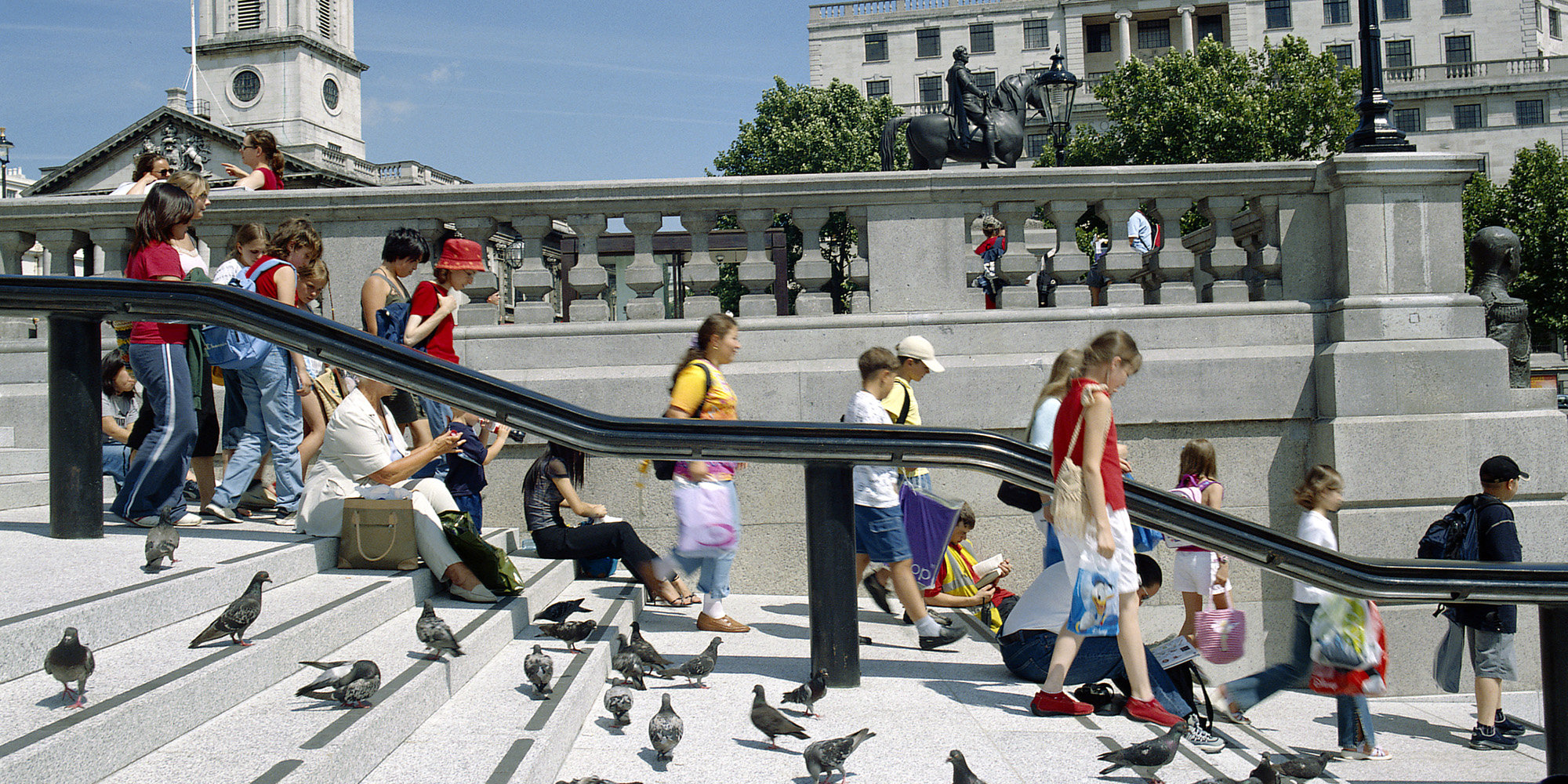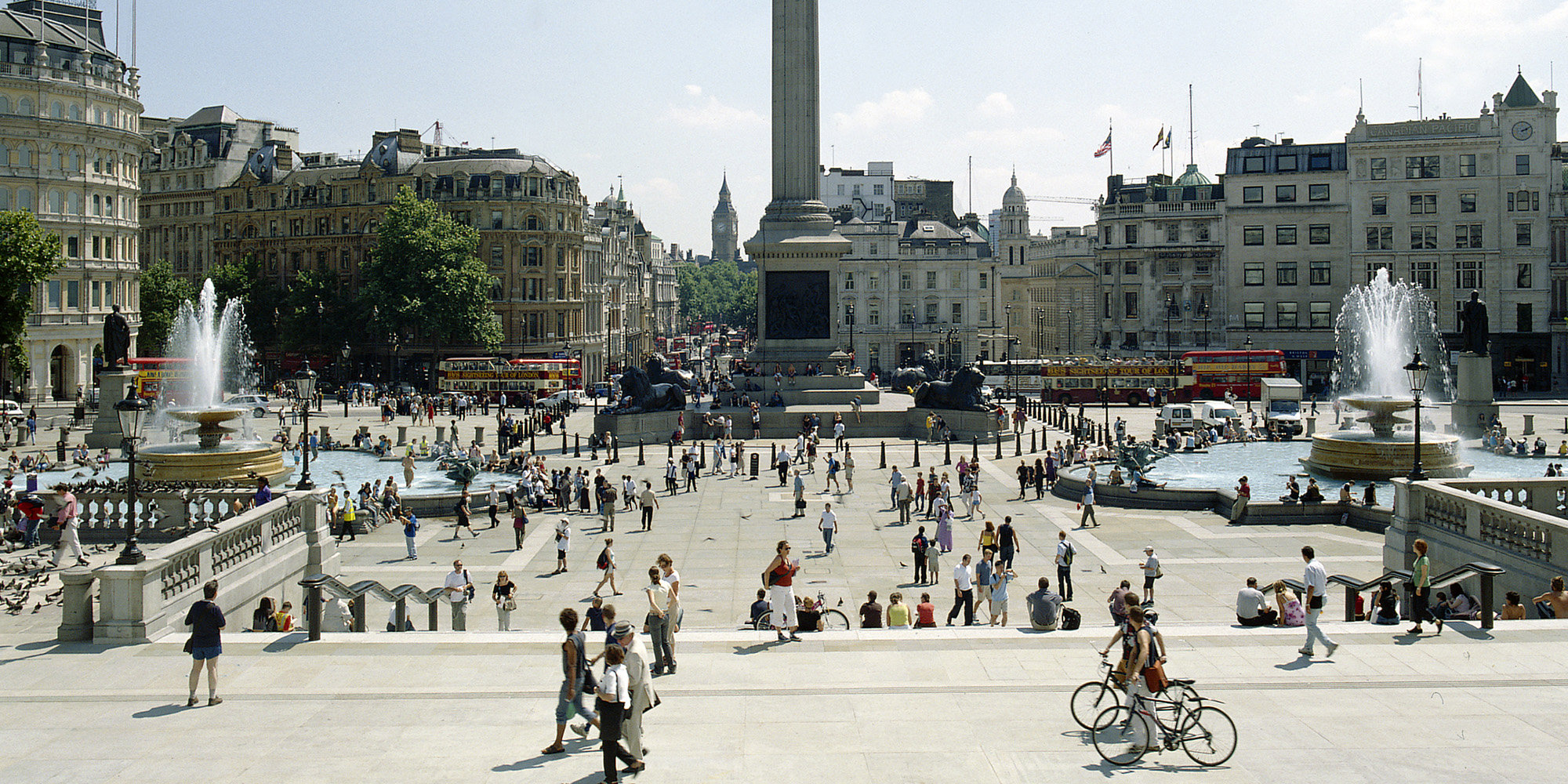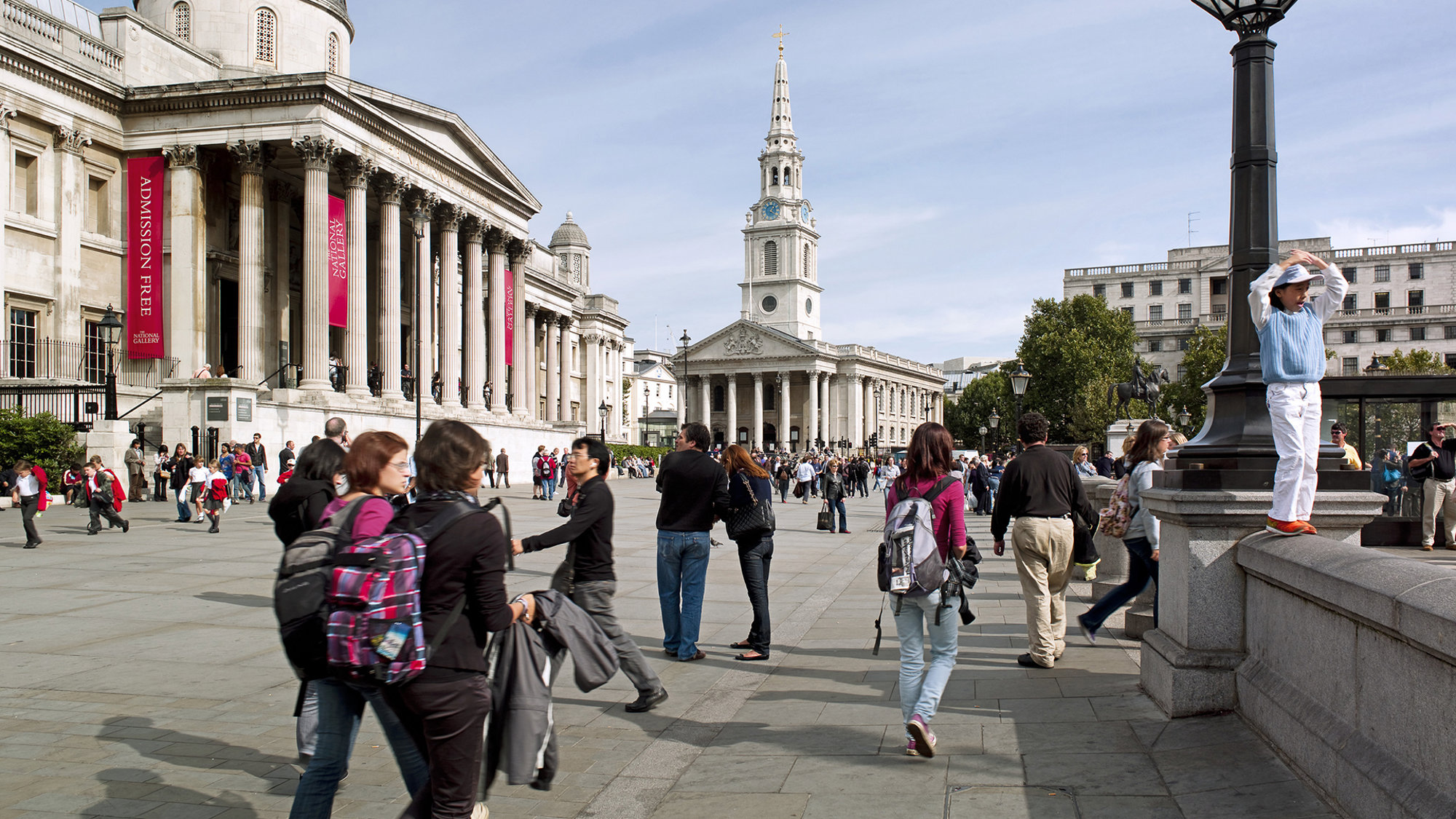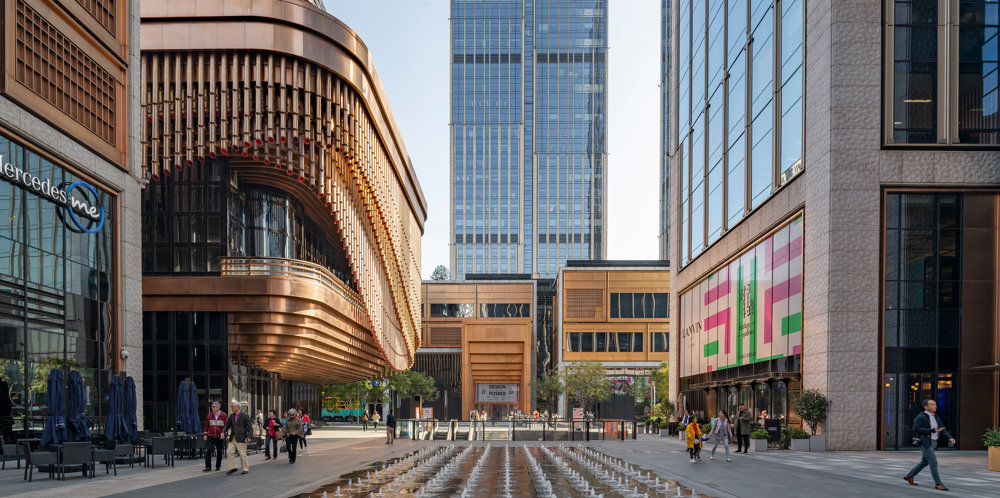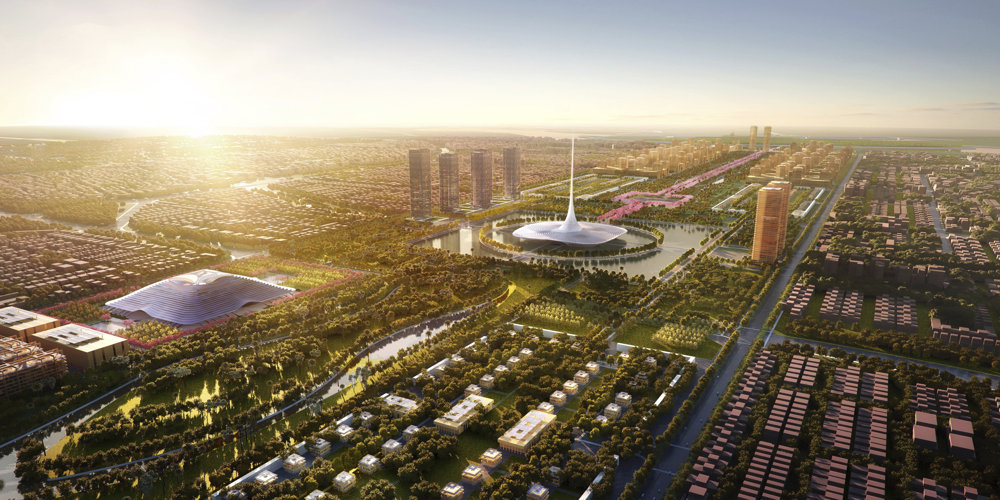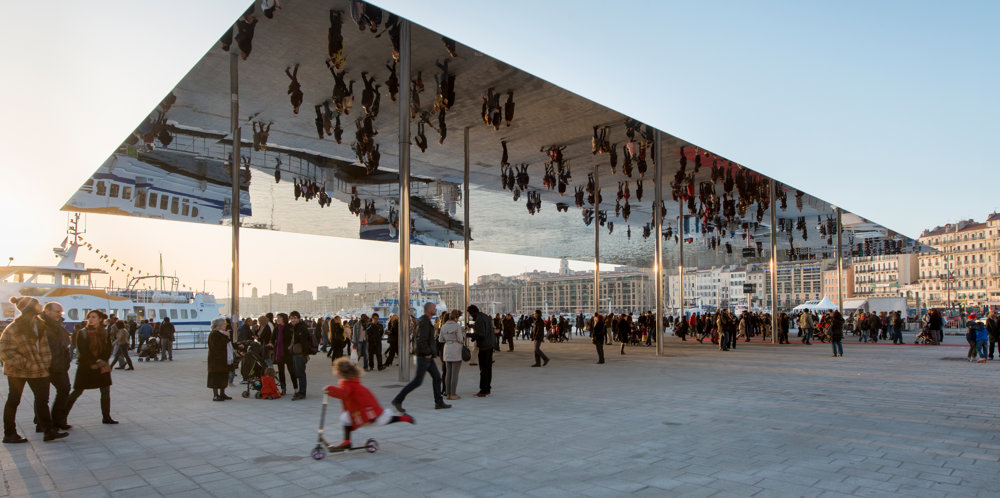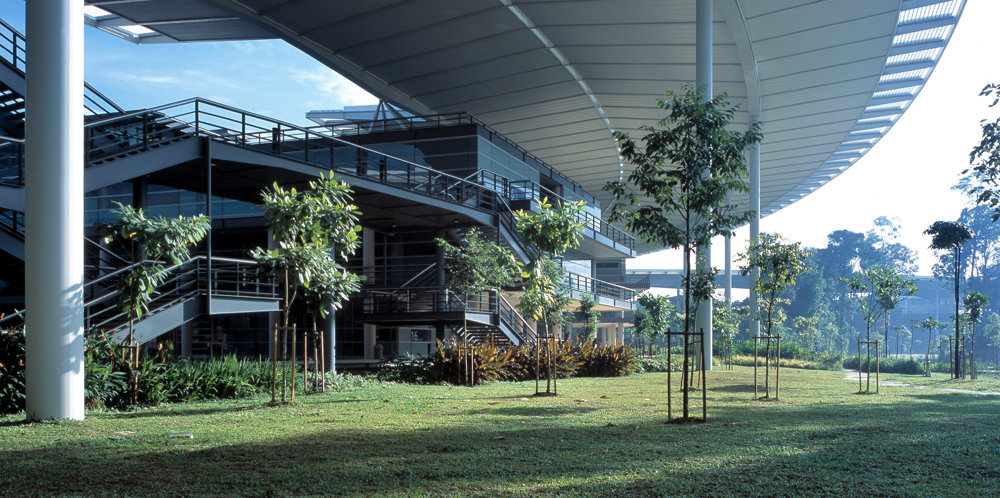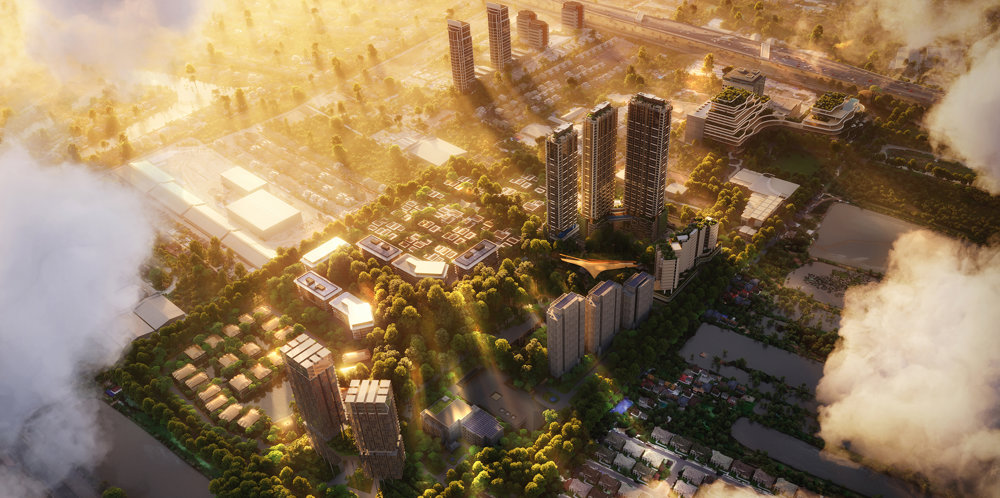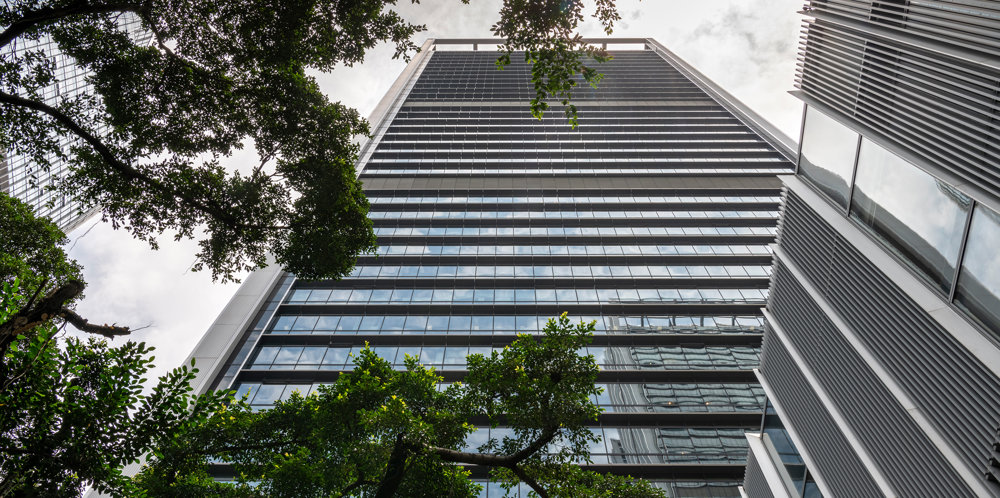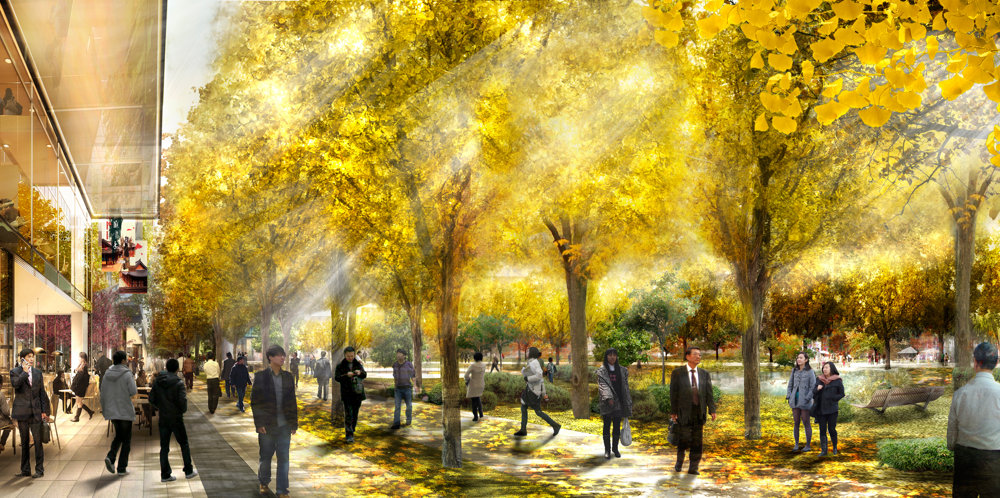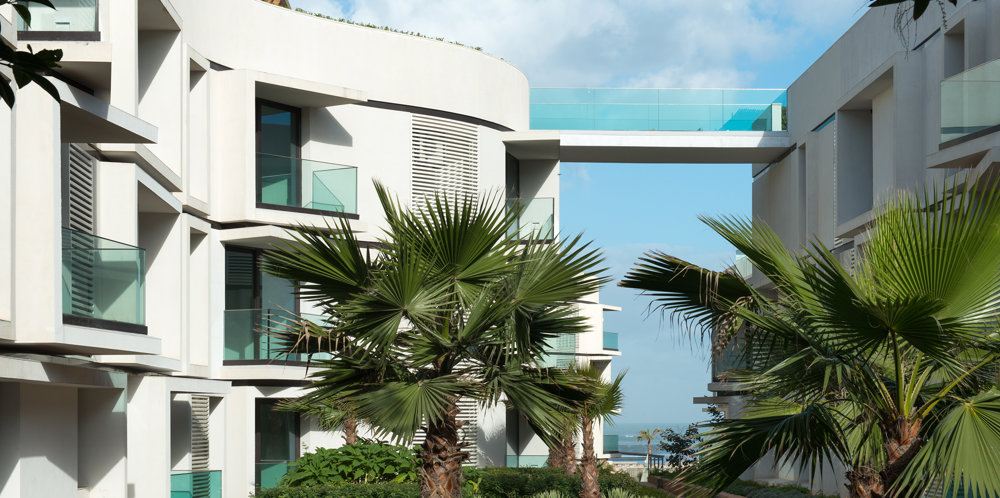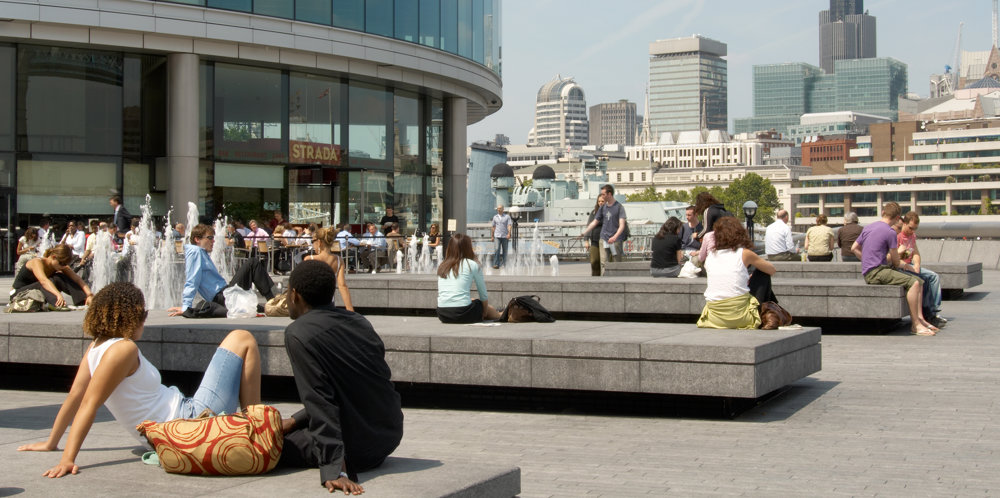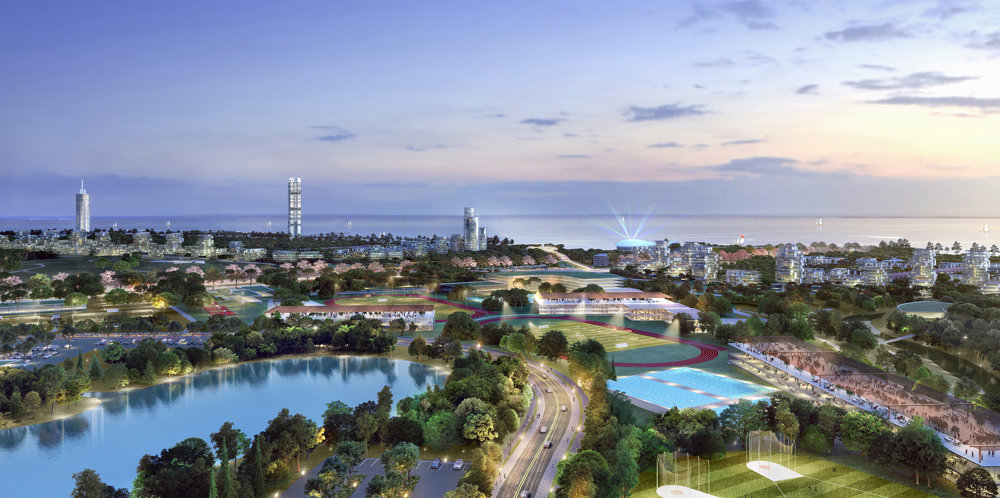The transformation of Trafalgar Square represents the first phase of the practice’s Central London masterplan − the culmination of many years’ work to improve the urban environment in the heart of the capital. It is the result of a careful balancing act between the needs of traffic and pedestrians, the ceremonial and the everyday, the old and the new.
Trafalgar Square was laid out in the 1840s by Charles Barry. Dominated by Nelson’s Column, it is lined by fine buildings, including the church of St Martin-in-the-Fields and South Africa House to the east, Canada House to the west, and the National Gallery to the north. Yet, despite its grandeur, by the mid-1990s, the square had become choked by traffic, the central area visited only by those willing to risk life and limb. There was an obvious need and support for change. Proposals were developed after consultations involving 180 separate institutions and thousands of individuals. The most significant move was the closure of the north side of the Square to traffic and the creation of a broad new terrace, which forms an appropriate setting for the National Gallery and links it via a flight of steps to the body of the square. Below the terrace, a new café with outdoor seating provides a much-needed visitor amenity.
Detailed improvements in the square and the adjacent streets include new seating, improved lighting and traffic signage and a paving strategy that utilises visual and textural contrasts. The contemporary interventions continue the boldness of Barry’s original design, using traditional materials – York stone, granite, and bronze – in addition to salvaged granite bollards and slabs, which originally formed part of the north terrace retaining wall. Every aspect of the redesign improves universal access, including two new platform lifts and disabled lavatories. The cumulative effect has been to transform the life of the square. A once hostile urban environment has been retrofitted and restored as a truly civic space.
